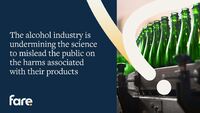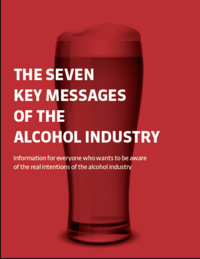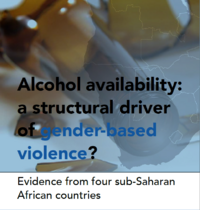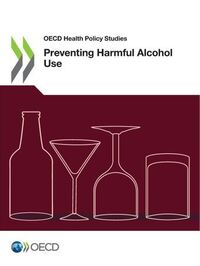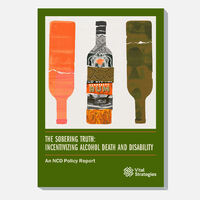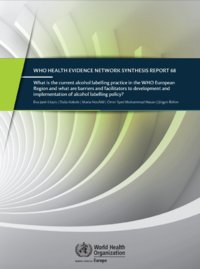Policies, education and mobilization
Despite the enormity of the challenge, evidence and experience strongly suggest that substance use problems can be reduced. Such efforts require the political will to tackle the problems and a smart mix of government policies, education activities, and mobilization of communities and NGOs. Particular attention should focus on implementing evidenced-based strategies, which necessarily include interventions to reduce the availability and the affordability of alcohol and illicit drugs.
Statement by Southern African Alcohol Policy Alliance
Effective alcohol regulation can be Covid-19 legacy
Governments in Southern Africa made the right choice to ban or restrict availability of alcohol during their COVID-19 lockdown periods, Southern African Alcohol Policy Alliance claims. SAAPA supported these decisions.
And an analysis of whether they have succeeded or not
Report on efforts from alcohol companies to influence WHO alcohol action plan
Alcohol companies and their lobby groups are systematically working to undermine and water down global alcohol policies that would reduce the harms associated with their products, according to new report.
Revised edition: The seven key messages of the alcohol industry
11 years after the first edition European Centre for Monitoring Alcohol Marketing (EUCAM) has published a revised edition of its analysis of the key mesages of the alcohol industry.
Evidence review from Southern Africa
Alcohol availability - a key issue in gender-based violence
Alcohol consumption is a key structural driver of gender-based violence (GBV) and especially intimate partner violence (IPV). A new report from four countries in sub-Sahara Africa explores how the availability of alcohol – both alcohol outlet density and trading times – are associated with increased alcohol use, and increased risk for GBV perpetration and vicitimisation.
OECD puts alcohol on the agenda:
New report highlights benefits of policy measures to prevent harmful alcohol consumption
OECD recently released the report “Preventing harmful alcohol use”. It highlights that if governments invest in policies to reduce harmful alcohol consumption, they could save millions of lives. The economic benefits of putting them in place would also be much higher than the costs.
New publication:
The Sobering Truth: Incentivizing Alcohol Death and Disability
Vital Strategies has published a new report on how governments, despite the health burden, are subsidizing the alcohol industry. Billions of dollars are given to the alcohol industry every year through tax breaks, marketing subsidies and other incentives, particularly in low-and middle-income countries.
Opinion:
Covid-19 shows us why certain investments of the Norwegian oil fund is unethical
The Covid-19 pandemic shows us why the Norwegian Government Pension Fund Global (the oil fund) must stop investing in alcohol. In South Africa the strict alcohol regulations during the pandemic have led to startling results.
New reports from WHO Regional Office for Europe
On marketing, pricing and labelling of alcohol and the Russian experience
Four recent reports from WHO Regional Office for Europe analyse and highlight the importance of good policies in preventing harm from alcohol use. All four can be downloaded here or from the World Health Organisation Regional Office of Europe.
Opinion:
World Drug Day: better knowledge for better care
Today is the UN International Day Against Drug Abuse and Illicit Trafficking, or World Drug Day. The theme for the day is “better facts for better care”, a theme that reflects the need for solutions based on scientific evidence to combat a problem that for decades have been ridden with myths, fear and ignorance.
African Alcohol Policy Alliances with clear message to the African Union
With the message that the 2020s should be the decade of decisive action to reduce alcohol-related harm on the African continent the Southern African Alcohol Policy Alliance (SAAPA), the East African Alcohol Policy Alliance (EAAPA) and the West African Alcohol Policy Alliance (WAAPA) extended their best wishes to the political heads of their countries at the decade's first heads of states meeting in the African Union.

